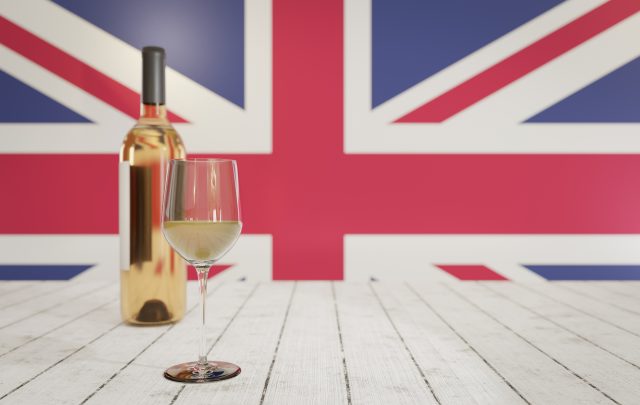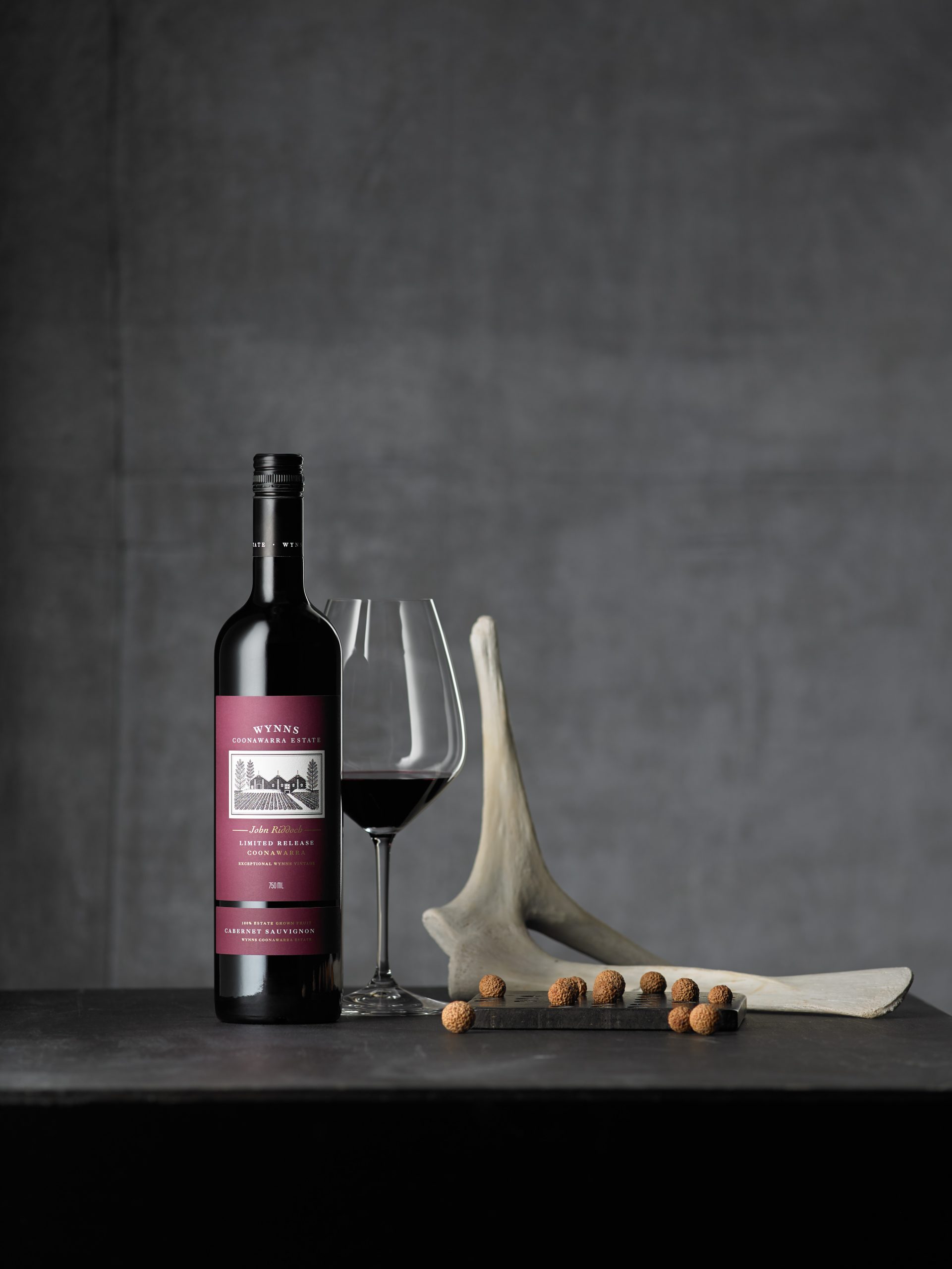Wine trade braces for impact as Budget looms
On 30 October UK Chancellor Rachel Reeves will announce her debut Budget, and there is already significant unease over the threat of further changes to wine duty.

Currently, excise Duty on all wines between 11.5% abv and 14.5% ABV is the same amount and calculated according to a simple easement, introduced as part of the Conservative government’s new duty system last year.
As of 1 February 2025, this easement is set to be removed, as per the Conservative government’s plans. It means that the single amount of duty paid on wines between 11.5-14.5% ABV – £2.67 – will be replaced with up to 30 different payable amounts according to the strength of the wine.
For a bottle of wine at 14.5% ABV this will see wine duty increase from £2.67 per bottle to £3.09.
“Despite introducing the easement, it felt very much like the previous Government had closed the door on us in relation to maintaining it permanently,” says Miles Beale, CEO of the WSTA.
“We are hopeful that this Government will understand that avoiding costly additional red tape will benefit not just British businesses and consumers but their own Treasury funds, […] If Labour is prepared to listen to the asks of the industry, we hope they will see the benefits of keeping things as they are. This would be a major win for all concerned allowing businesses room to grow, keeping prices down for consumers and bringing more money into the Exchequer.”
The additional changes will follow the biggest single alcohol duty increases in almost 50 years, which came into force in August 2023.
Alongside inflation, that change saw duty paid on a bottle of still wine pushed up by 20%, or £0.44, based on an average alcohol strength of 12.5% ABV. Duty on a bottle of 12% ABV sparkling wine fell by £0.19 under the new regime.
Treasury receipts down 10%
According to the WSTA, alcohol sales in the UK have declined following last year’s tax hike. The latest HMRC figures show that between September to August, year on year, alcohol duty increases have resulted in a £1.3 billion (10%) drop in revenues to the Exchequer – which works out at almost the same amount as the winter fuel allowance savings.
The incoming changes are also set to benefit lower-strength drinks, a move that will disproportionately affect wine, says Nicola Bates, CEO of Wine GB.
“By implementing ABV bands for alcohol duty calculation, the Government is also directly targeting the wine industry,” she says. “The third band cut-off point for lesser duty at 8.5% ABV is an impossible to reach lower threshold. The OIV, of which the UK Government is a member, states that wine cannot be made under 8.5% ABV and be called wine. If our members attempt to produce a product at or below 8.5% then they cannot call it or market it internationally as wine.”
For some English wine producers, this could be a silver lining, believes Wendy Outhwaite, co-founder of English sparkling wine producer, Ambriel.
“No one wants extra tax. If duty goes up, our wine price goes up, and our sales fall. It is that simple. However, we have a bit of a chance here. As UK wines have naturally lower alcohol than wines from elsewhere, a lower duty rate allows a lower price point that consumers would welcome. It is win-win: consumers buy lower alcohol wines, UK wine producers are not priced out of the market.”
Partner Content
Warning over price hikes
But for those importing higher strength wines into the UK the changes will be unavoidable.
Wine retailers, including Majestic, Laithwaites, The Wine Society and Cambridge wine Merchants, are already warning customers that price rises are on the horizon, if the changes go ahead.
An email sent to Majestic and Cambridge Wine Merchants customers on 4 October warned: “At the time they launched the policy, the Treasury had a stated aim to create a duty system that would be simpler and fairer for wine businesses like ours to administer. Yet, as an industry, we firmly believe the system that is set to be introduced fails on both counts – it is more complex and will be much more costly. Businesses like ours will need to invest six-figure sums just to develop the systems required to handle the new approach, with ongoing administrative costs likely to run into similar sums on an annual basis.”
The WSTA has been campaigning to have this easement made permanent, but there has been “no indication” yet that it has any intention of doing so.
“Drinks producers should be worried that previous Government forecasts which have failed to take into account the impact of duty increases on demand,” explains Beale. “This year has seen the most conclusive evidence that consumers are very sensitive to price rises. Following the double digit increases in duty last year, demand has dropped significantly, as have alcohol duty receipts to the Treasury. If the Government is really serious about protecting public spending it should take the opportunity at this Budget to reassess the old forecasting model. If it does this, the case for freezing duty will be unequivocal.”
Has wine been unfairly targeted?
Bates believes so, pointing out that not only are the taxes imposed on wines in the UK increasing, but that the UK is one of the few wine-producing countries in Europe that levies excise duty on home-grown products at all.
“10 European countries apply no excise duty on domestically produced sparkling wines (France only applied a rate of €0.07 in 2022), while 15 apply no excise duty on domestically produced still wines (with France applying a rate of €0.03),” she says. “We are calling on the Government to level the playing field so English and Welsh wine can fairly compete with other wines both domestically and internationally.”
The WSTA has also called for a freeze to current rates of alcohol excise duty for at least two years, and to “confirm and enact” the end of the duty-stamp regime for spirit drinks, which the previous government said it would abolish in March of this year.
Could further duty rises be expected? It hasn’t been ruled out.
“There have been reports that the Chancellor, Rachel Reeves, is considering duty increases, but it’s unlikely we will know for sure until Budget day,” adds Beale. “One of the best ways to get your views heard is to contact your local MP and make clear the damage that a further duty rise will have on your business.”
Bates echoed Beale’s concerns, saying she was “deeply concerned” by reports that the Chancellor is considering increasing alcohol duty in her Budget.
“We know that increasing duty costs have proved counterproductive to the Treasury,” she said. “With the Chancellor’s ‘reset’ it would be appropriate to focus on measures that work and draw in income given that Treasury revenue dropped by £1.3 billion, of which wine duty fell by £238 million, as a result of the last rise. We strongly urge the Chancellor to cut duty rates to stimulate sales, support producers’ investment, and to help grow domestic wine.”
Related news
Majestic pulls some higher ABV wines in wake of duty reforms
WineGB: Government should spend duty hike cash on local market




